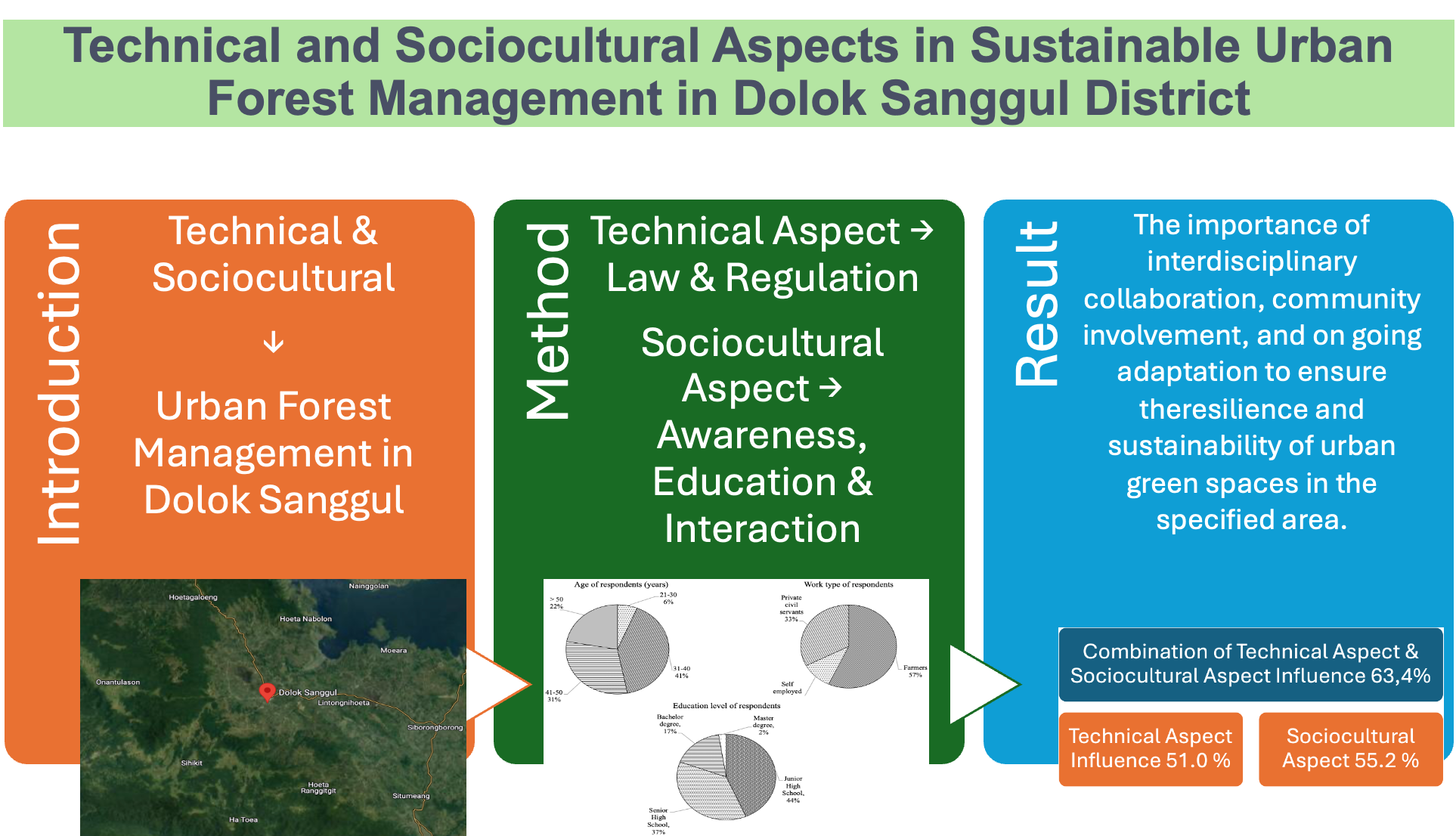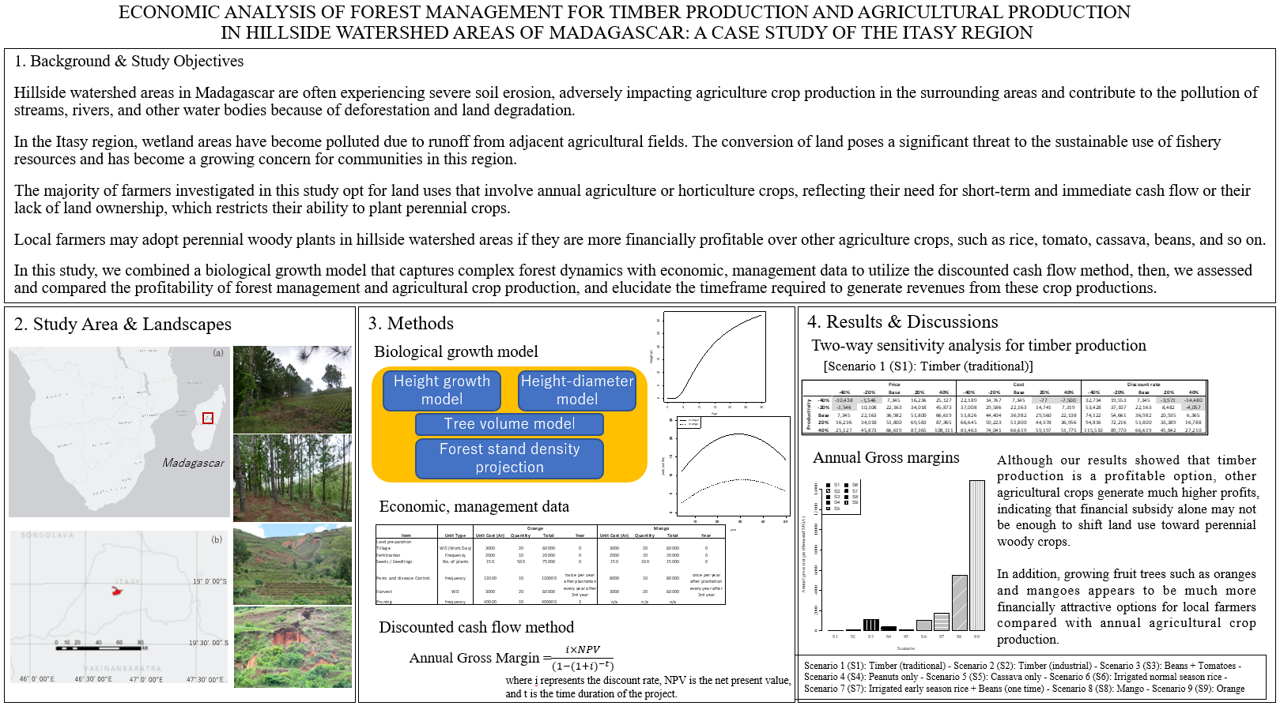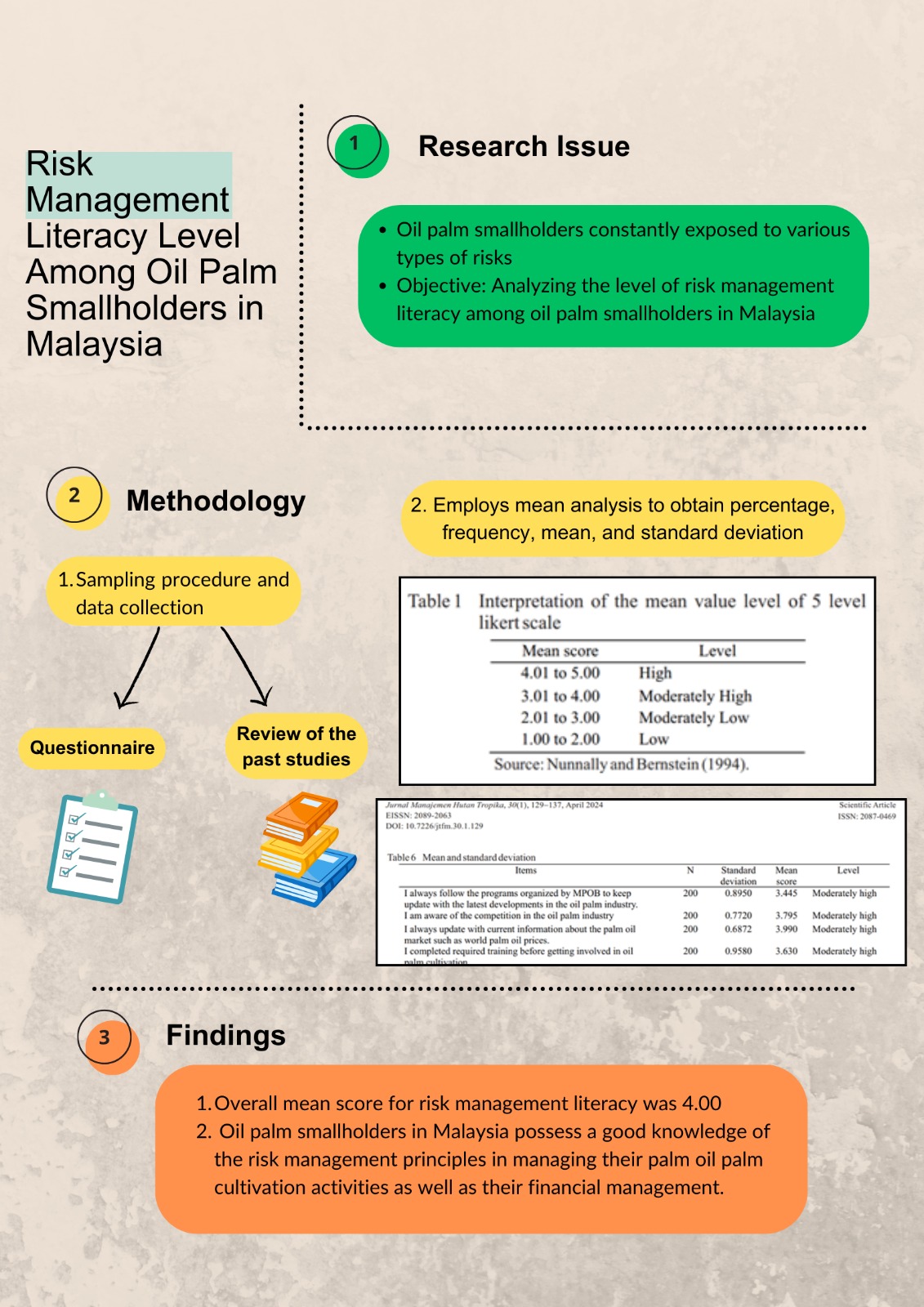Economic Valuation As a Basis for Sustainable Mangrove Resource Management: A Case in East Sinjai, South Sulawesi
Abstract
Diversity of mangrove function generates both tangible and intangible benefits and services causing its overall value is not easily recognized hence often overlooked in coastal areas development. The study used the total economic value as a framework for estimating the values of the different uses of mangroves in East Sinjai Sub District, South Sulawesi. Survey method was carried out from September 2014-February 2015. The results showed that total value of mangrove ecosystems in East Sinjai with total area of 758 ha is IDR37,535,809,496year-1. Those values were derived from direct benefits (polyculture fish pond, catching aquatic biota such as fish, shrimp, crab and milkfish, collecting fuelwood and bats catching) and from indirect benefits i.e. its function to evade abrasion and sea water intrusion, its function as carbon sink and sequestration, its biodiversity values and its existence benefits. The problem that should be anticipated is potential expansion of polyculture fishpond which drives clearing intact mangrove forests as it contributes quick and direct income to local people. The research results are expected could be used as a consideration for local government in formulating recommendations for sustainable mangrove management in East Sinjai.
Authors
SuhartiS., DarusmanD., NugrohoB., & SundawatiL. (2016). Economic Valuation As a Basis for Sustainable Mangrove Resource Management: A Case in East Sinjai, South Sulawesi. Jurnal Manajemen Hutan Tropika, 22(1), 13. https://doi.org/10.7226/jtfm.22.1.13

This work is licensed under a Creative Commons Attribution 4.0 International License.
Jurnal Manajemen Hutan Tropika is an open access journal which means that all contents is freely available without charge to the user or his/her institution. Users are allowed to read, download, copy, distribute, print, search, or link to the full texts of the articles in this journal without asking prior permission from the publisher or the author. This is in accordance with the Budapest Open Access Initiative (BOAI) definition of open access.








